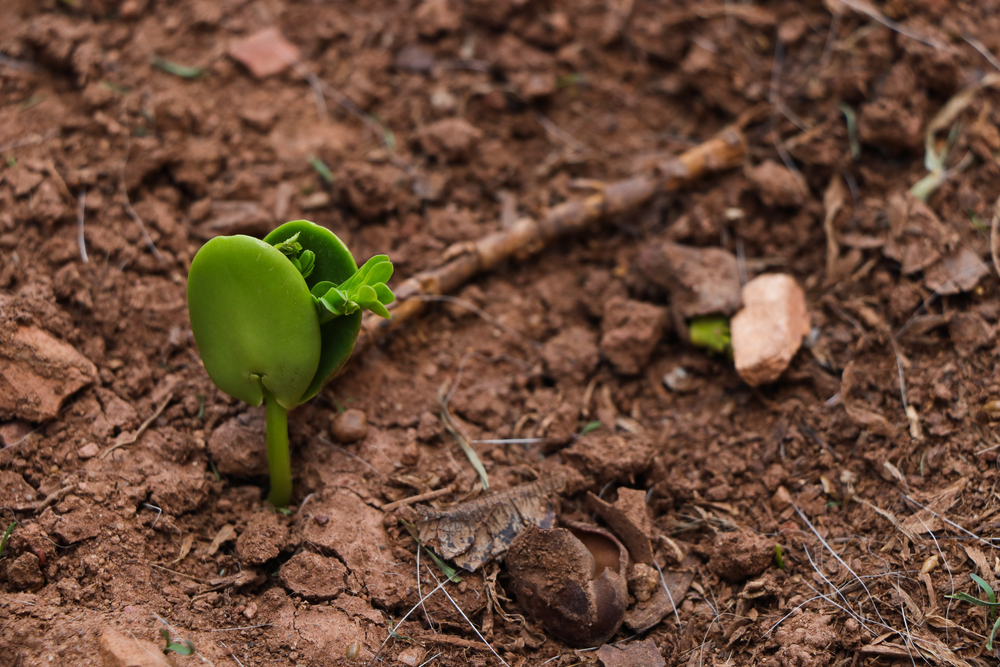Madelon Lohbeck, an assistant professor in the Forest Ecology & Forest Management chair group, has received a starting grant of 1.5 million euros from the European Research Council for her project REACT: Regreening Africa with natural regeneration.
The project is all about farmer-managed natural regeneration (FMNR). ‘It’s really what farmers have been doing for centuries: seeing what trees pop up spontaneously on their land, deciding whether to keep them, then managing them,’ explains Lohbeck. ‘They steer the natural ecological succession and combine that with grazing or growing crops. It’s a form of agroforestry.’
Natural succession is cheaper than planting trees, it requires less work and there is less loss of saplings. Even so, it is not always the best option. The key questions in Lohbeck’s research are: which species regenerate naturally, under what ecological and social circumstances, and what are the results? By which she means not just results in terms of soil quality and biodiversity but also in the sense of valuable products for local people, such as wood for use as cooking fuel, or fodder for their animals.
Kenya
In Kenya, Lohbeck will set up various plots on actively managed farmland where she and her research team will monitor tree growth for five years. She will compare those plots with the natural regeneration on plots that are no longer being managed, according to the classic view of succession. ‘That comparison will show me how farmers can steer succession. What choices do they make? And what does that mean for the restoration of specific functions in the short term and long term?’ To evaluate the potential of natural regeneration on a greater scale, Lohbeck will combine the study in Kenya with datasets from other locations in sub-Saharan Africa.

 Natural succession is cheaper than planting trees, it requires less work and there is less loss of saplings. Even so, it is not always the best option. Photo Shutterstock
Natural succession is cheaper than planting trees, it requires less work and there is less loss of saplings. Even so, it is not always the best option. Photo Shutterstock 

